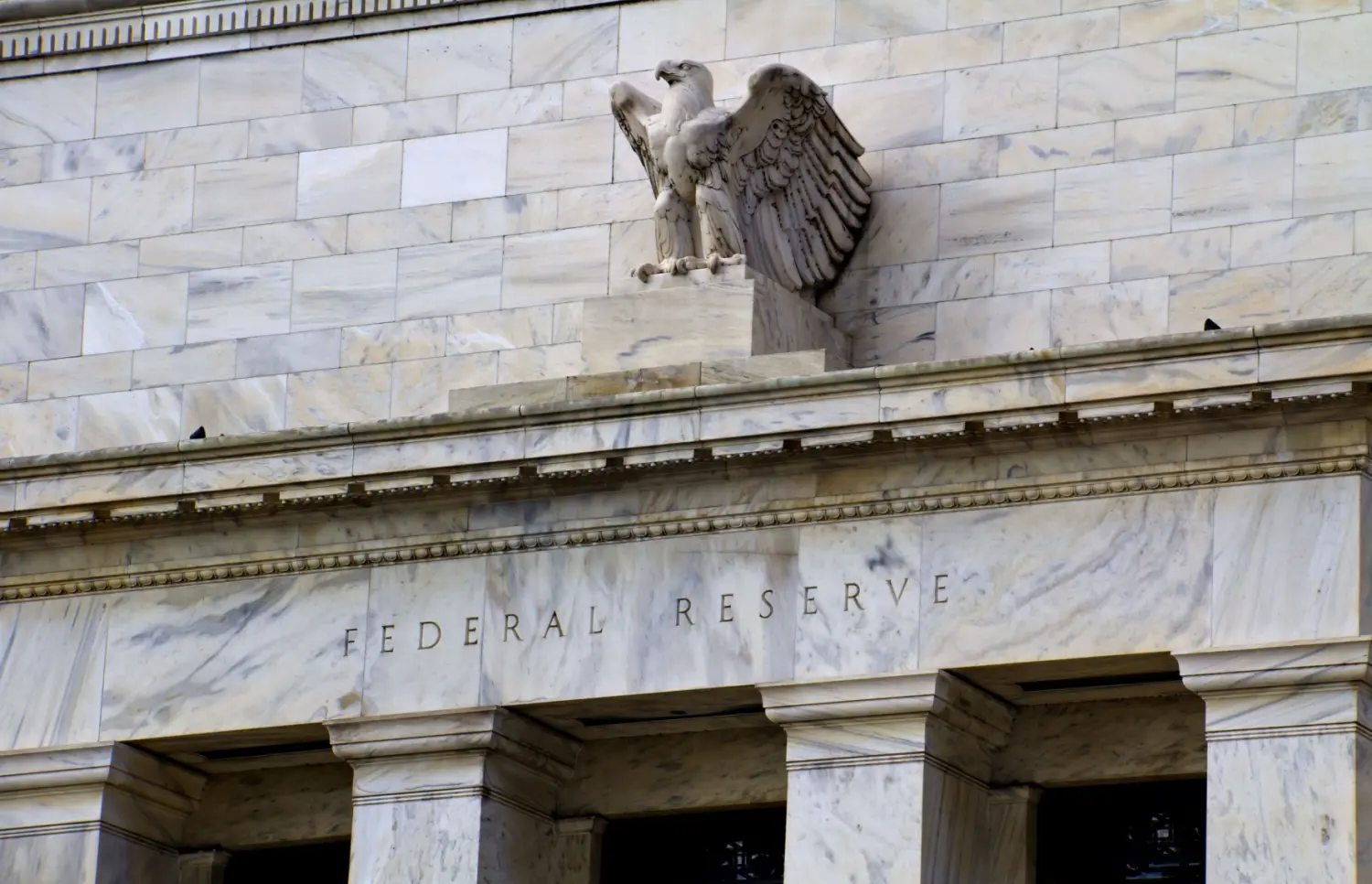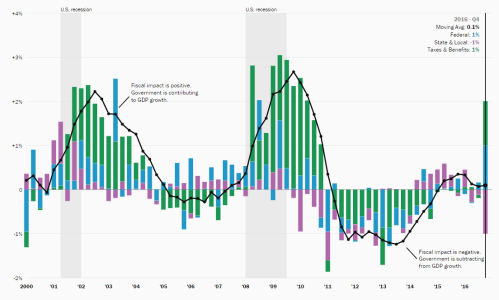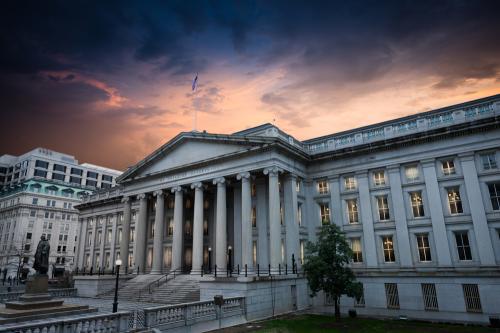This article was originally published in the Journal of Financial Crises by the Yale Program on Financial Stability on July 23, 2024.
Abstract
COVID-19 was a worldwide economic shock, creating a global recession later followed by widespread inflation. The United States’s response to COVID was particularly aggressive across three dimensions: monetary, fiscal, and markets. The U.S. economy generally outperformed other nations similarly impacted by COVID. However, the U.S. experienced substantial instability in its banking sector in the spring of 2023. Multiple banks failed, resulting in the Federal Reserve and other government agencies invoking emergency authority designed to protect financial stability.
This paper argues that the Federal Reserve has unique responsibility for this banking crisis from its multiple roles as (1) conductor of monetary policy; (2) financial stability regulator; (3) lender of last resort; (4) bank supervisor; and (5) payment system regulator and operator. These roles should in theory produce economies of scope allowing the Fed to more effectively perform each function. The spring 2023 U.S. banking crisis instead shows that the Fed’s current implementation of these roles causes substantial contradictions and problems resulting in unnecessary financial instability and bailouts of creditors. The promise of the financial reforms undertaken after the 2007-09 Global Financial Crisis, which resulted in increased regulatory power for the Federal Reserve, was greater financial stability and the end to financial bailouts. Yet, 15 years later, the Federal Reserve invoked its systemic risk authority in March 2023, citing a threat to financial stability emanating from the failure of institutions it supervised. These mistakes will result in slower economic growth and greater income inequality. Policymakers should question whether these roles should be separated, narrowing the Federal Reserve’s mandate.
Read the full article originally published in the Journal of Financial Crises by the Yale Program on Financial Stability on July 23, 2024.
-
Acknowledgements and disclosures
The Brookings Institution is financed through the support of a diverse array of foundations, corporations, governments, individuals, as well as an endowment. A list of donors can be found in our annual reports published online here. The findings, interpretations, and conclusions in this report are solely those of its author(s) and are not influenced by any donation.



